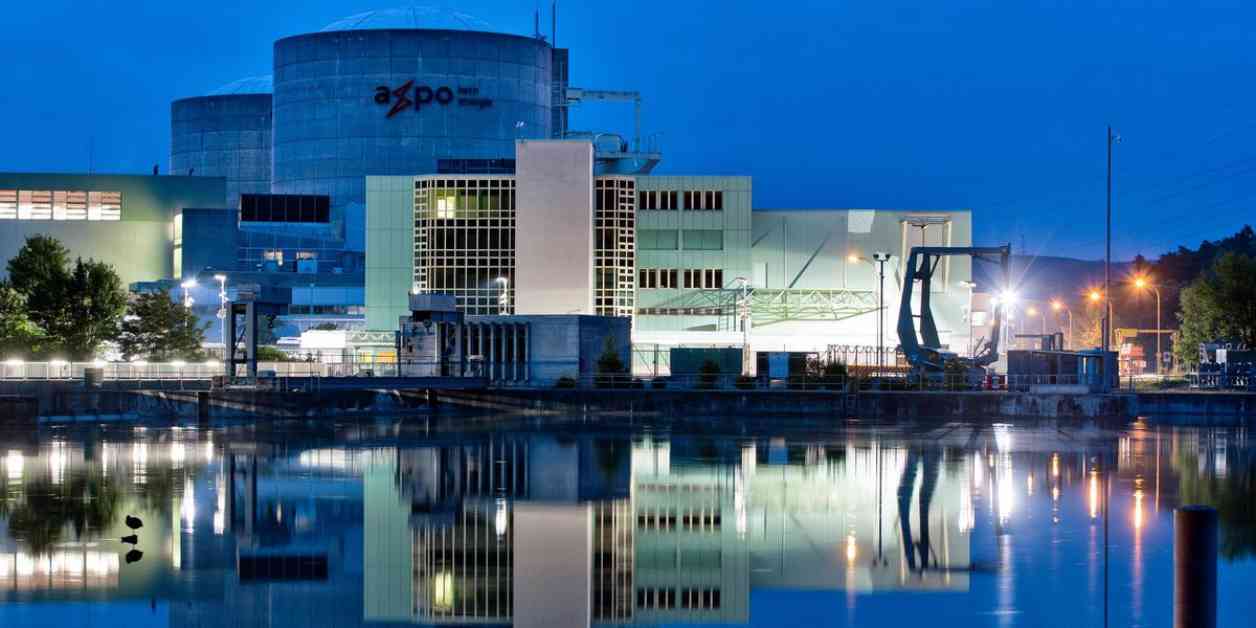Since 1969, Block 1 of the Beznau nuclear power plant has been generating electricity, with Block 2 joining in 1971. Together, they produce around 6 terawatt-hours per year, which is approximately twice the electricity needs of the city of Zurich. The power company Axpo is currently considering whether to continue operating the world’s oldest operating nuclear power plant beyond 2030, a plan that has faced sharp criticism from anti-nuclear activists.
However, Block 1 has unexpectedly been shut down for a month now. The initial reason for the shutdown was a defective power cable in the non-nuclear part of the facility. Despite the repairs progressing as planned, the restart of Block 1 was delayed due to new findings from an investigation conducted during the annual revision of the plant’s steel samples.
The investigation revealed that the steel in the feedwater tank could be more brittle than initially thought at lower temperatures. The exact cost of the outage remains uncertain, with industry experts estimating that Axpo may have lost between 18 to 20 million Swiss francs in electricity sales over the past month.
As a result, the Axpo has had to procure alternative sources of electricity to make up for Block 1’s downtime. The restart of Block 1 is now scheduled for no earlier than October 28th, according to the European electricity exchange transparency platform, although this date is subject to change.
Anti-nuclear activists have seized on this unplanned shutdown as evidence that nuclear power is not as reliable as the industry claims. However, Axpo maintains that its nuclear power plants, including Beznau and Leibstadt, have been available for operation for around 90% of the time on average, which is considered above average internationally.
In the past, Beznau 1 experienced a three-year shutdown in 2015 due to the discovery of aluminum oxide inclusions in the steel of the reactor pressure vessel. However, the Swiss Federal Nuclear Safety Inspectorate (Ensi) eventually approved the resumption of operations in 2018 after Axpo demonstrated that the findings did not compromise the reactor’s safety.
Despite the current outage, Ensi has not found any safety criteria for the temporary shutdown of Block 1 to be met. Nevertheless, Axpo has decided to postpone the restart until further investigations are conducted to ensure the safety of the feedwater tanks.
Greenpeace has accused Axpo of downplaying the severity of the situation, suggesting that the steel in the components may have quality issues dating back to their installation. The environmental organization emphasizes the importance of transparency in addressing these issues, especially in light of plans to operate the plant beyond 2030.
In conclusion, the unexpected shutdown of Beznau 1 highlights the challenges and risks associated with nuclear power plants, underscoring the need for thorough safety assessments and transparent communication to address potential issues and ensure the continued safe operation of these facilities.















